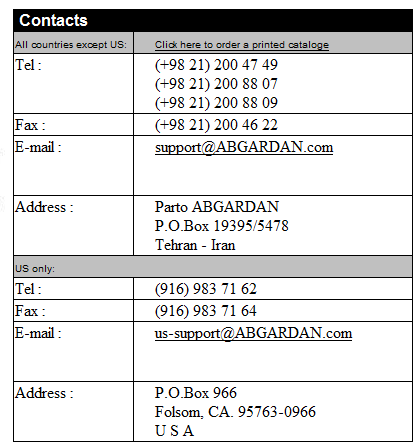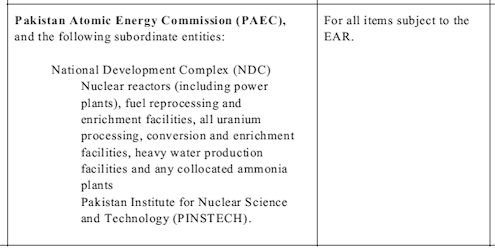 “Hillbilly,” a regular reader and commenter here, brought to my attention news reports last week, like this one, that indicated that the Bladerunner 51, a high-speed boat that holds the speed record for circumnavigating Great Britain, is now in the hands of the Iranian Navy. Regular readers may recall a post on this blog in January 2009 about a Temporary Denial Order (“TDO”) issued by the Bureau of Industry and Security (“BIS”) which attempted to block the transfer of the craft by a South African company, Icarus Marine (Pty) Ltd. BIS believed that Icarus was planning to load the Bladerunner 51 onto an Iranian merchant shipping vessel and send it to the Tadbir Sanaat Sharif Technology Development Center in Tehran. Thereafter it was feared that the boat would be transferred to the Iranian Navy, which would try to use the boat as an attack craft.
“Hillbilly,” a regular reader and commenter here, brought to my attention news reports last week, like this one, that indicated that the Bladerunner 51, a high-speed boat that holds the speed record for circumnavigating Great Britain, is now in the hands of the Iranian Navy. Regular readers may recall a post on this blog in January 2009 about a Temporary Denial Order (“TDO”) issued by the Bureau of Industry and Security (“BIS”) which attempted to block the transfer of the craft by a South African company, Icarus Marine (Pty) Ltd. BIS believed that Icarus was planning to load the Bladerunner 51 onto an Iranian merchant shipping vessel and send it to the Tadbir Sanaat Sharif Technology Development Center in Tehran. Thereafter it was feared that the boat would be transferred to the Iranian Navy, which would try to use the boat as an attack craft.
When I first wrote about the TDO, I expressed some scepticism about its effectiveness. Certainly the two Iranian entities named in the order would simply ignore it, and there was no obvious reason that the South African party would obey it. Now, however, it appears that the TDO had another purpose, at least according to this article in the Washington Post:
The U.S. Commerce Department’s Bureau of Industry and Security asked South African authorities to block the transfer. It voiced concern that Iran’s Revolutionary Guards intended to use the boat as a “fast attack craft.” The bureau noted that similar vessels had been armed with “torpedoes, rocket launchers and anti-ship missiles.”
Nonetheless, the loading went ahead because, according to one source, no one saw the U.S. notice sent by fax on a weekend.
So, if this report is to be believed, the TDO was designed not as much to deter Icarus but to prompt the South African government to take action and prevent the loading of the Bladerunner 51 onto the Iranian merchant vessel. That plan failed because BIS sent the TDO on a weekend, when the South African government was, not surprisingly, closed.
Another interesting factoid is that the U.S. also had a plan for special forces to intercept the Iranian merchant vessel carrying the Bladerunner 51. That plan was called off, no doubt because of the concern that the Bladerunner, as then configured, was not subject to the arms embargo set forth in paragraph 5 of U.N. Security Council Resolution 1747.

 Posted by
Posted by  Category:
Category: 





 In an
In an 



